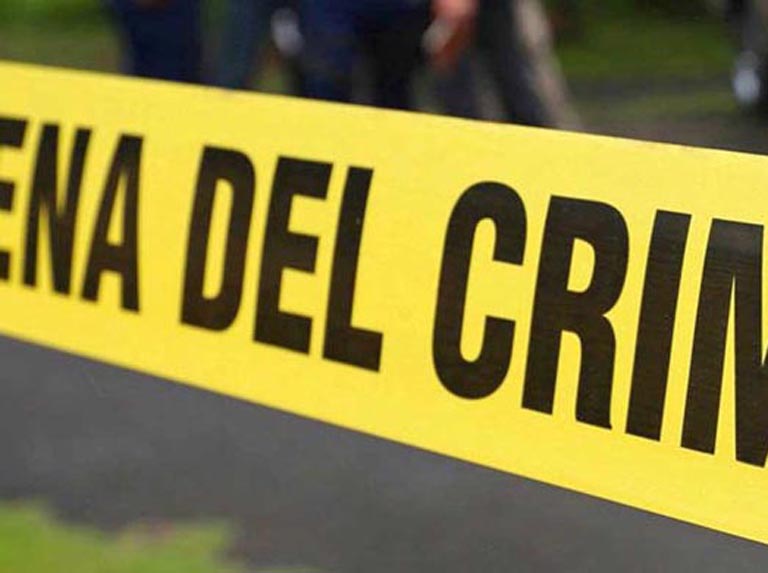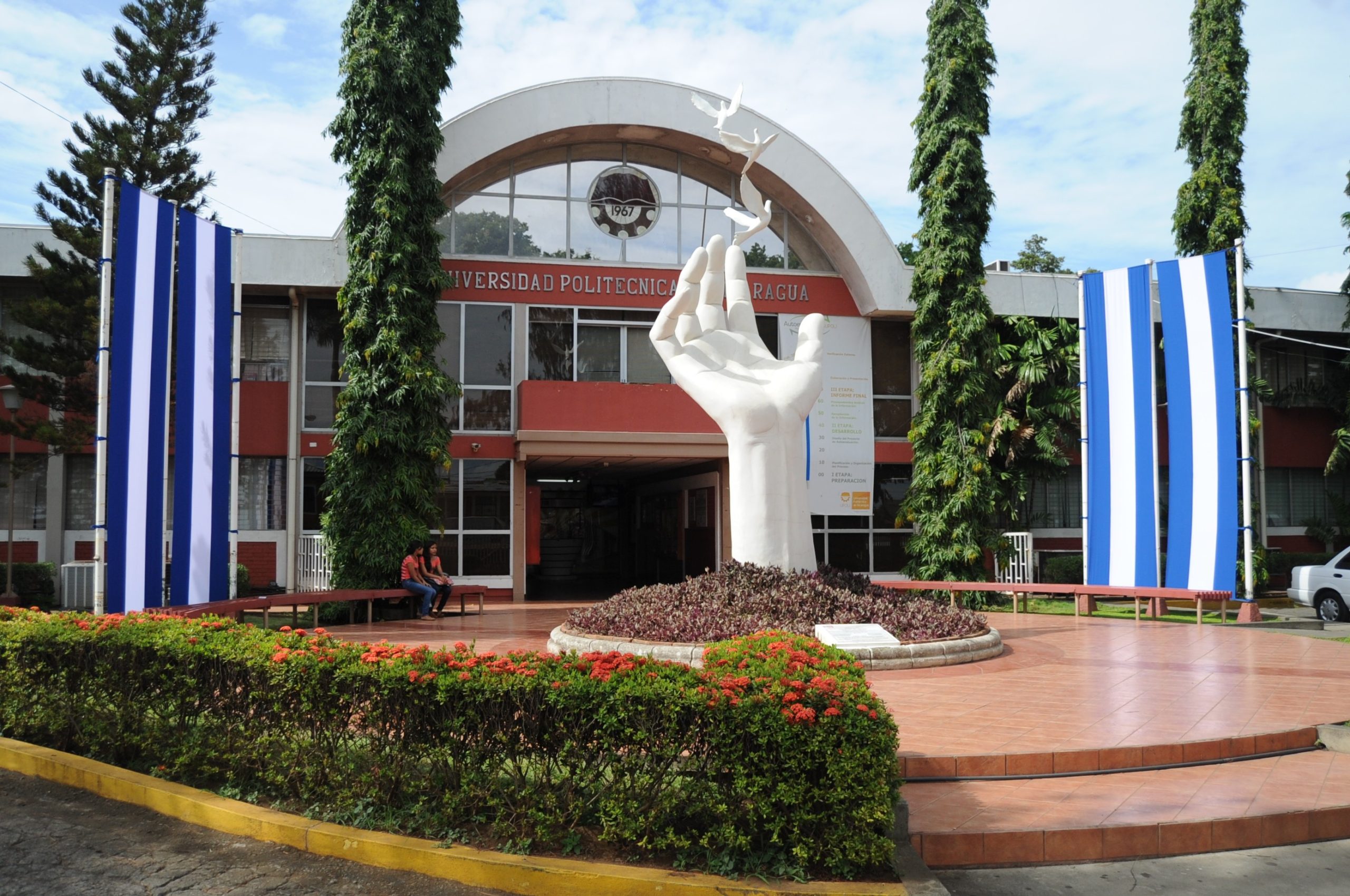The government of Ecuador filed a lawsuit before the Constitutional Court on Tuesday to revoke the amnesty granted to indigenous people, environmentalists and politicians prosecuted for participating in the violent protests of 2019, which left eleven dead.
“In a rule of law, there can be NO impunity. This amnesty leaves intact the crimes committed against Quito and the country in 2019,” wrote the Minister of Government (Interior), Alexandra Vela, on Twitter.
The government considers that the amnesties granted to 268 people last March by the National Assembly, with an opposition majority, are unconstitutional.
Among those amnestied are 60 people who were facing legal proceedings for the October 2019 protests against then-president Lenín Moreno (2017-2021), who had increased fuel prices.
Some of them are Leonidas Iza, leader of the largest indigenous organization (Conaie), as well as the governor of the Andean province of Pichincha -whose capital is Quito-, Paola Pabón, and other politicians related to former socialist ruler Rafael Correa (2007-2017). ), who has lived in Belgium for five years.
Correa and his supporters considered themselves politically persecuted in the government of Moreno, who was his vice president between 2007 and 2013.
Environmentalists, defenders of community territories and administrators of indigenous justice also received amnesty.
The assembly members “have tried to place in this amnesty people who have incurred in crimes that are common, which are expressly excluded by the Constitution in the granting” of this benefit, the government portfolio said in a statement.
The Executive claims that the amnesties did not include police and military officers who also face trials for their actions during these violent protests led by indigenous people, which also left more than 1,300 injured.
The government “is not going to admit” that “in an unconstitutional way amnesty is granted for crimes, and a letter of marque is granted, a safe conduct so that anyone can return to the city of Quito to burn it down, to attack its inhabitants” Said Vela, in statements released by his ministry.
The Assembly and the Executive hold a power struggle. The opposition forces in Parliament, which are scattered but have the majority, have rejected almost all the bills proposed by the government of conservative Guillermo Lasso, who denounces a “boycott” against him.
The Constitution empowers the president to dissolve the Assembly within the first three years of administration for reasons such as obstructing the execution of the National Development Plan. It also allows you to immediately call legislative and presidential elections to complete the four-year term.
Congress can also remove the president for assuming functions or for serious political crisis and internal commotion.



